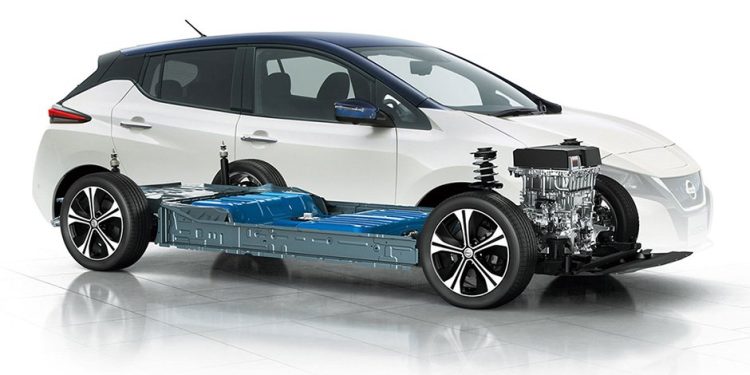Businesses trying to get Kiwi battery recycling off the ground
Electric vehicles have plenty of critics, with ‘where do all the dead batteries go when they die?’ being one of the most frequent questions that pops up during fierce online debate.
Electric vehicle batteries are particularly complicated given the amount of rare metals contained within, making them harder to dispose of once they’ve reached the end of the line. However, there are a growing amount of businesses worldwide handling the disposal and recycling of these batteries.
There’s hopes to increase the amount of options available to Kiwis in the coming years, according to the Battery Industry Group, or B.I.G.; a large consortium of companies and industry groups that formed in 2018, including the AA, Vector, Audi, the Motor Industry Association, and more.
Some services are already available to New Zealanders. A selection of distributors already offer end-of-life processing policies for the batteries in the EVs they sell. Some of this processing already happens locally.
The jewel in B.I.G.’s scheme crown is its proposed Product Stewardship Scheme. It’s hoped that this will be adopted en masse by all plug-in vehicles in the country, with the government still to give the scheme its green-light blessing.

The scheme calls for all vehicle batteries to be registered once they land in New Zealand. From there the ownership of each battery is tracked from owner to owner. The tracking — which is hoped to be achieved via the creation of a blockchain-based ‘Battery Passport’ — will even continue when batteries get repurposed for alternative uses (such as powering EV chargers or supplying power to businesses or homes) after they’ve done their chips in their original cars.
Once the registered battery finally reaches its end-of-life phase, it will be sent off for recycling. Learnings from the stewardship scheme’s ongoing tracking will be sent to the Ministry for the Environment and customs organisations.
“B.I.G. has developed this scheme so there’s a plan in place when more cars come into the country,” says Juhi Shareef, chair of B.I.G. “With more and more New Zealanders buying electric cars, we’re entering a transition phase and we need a solution that works for businesses, people, and the environment.
“There’s more work to be done and we’d love other organisations to join. B.I.G. is doing some pioneering work globally, and we believe that New Zealand has a real opportunity to lead in this space.”
“EV batteries still have useful capacity when they reach their end of life in a car, so there’s huge scope to invest in repurposing and give them a second or even third life,” adds Jo Phillips, B.I.G. Battery Innovation Hub chair. “New Zealand has a key role to play in circular innovation for large batteries”.





